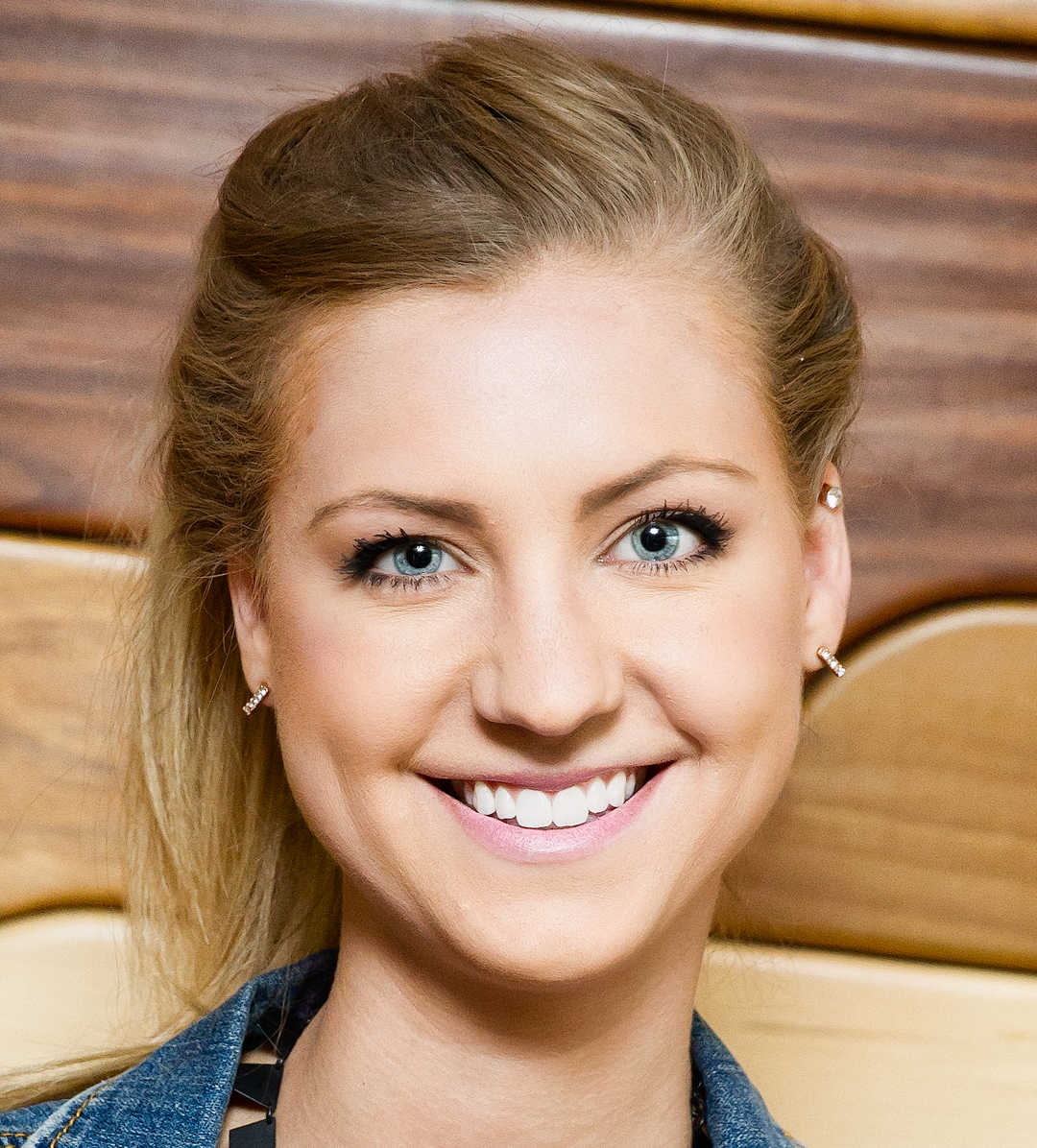
Chelsea Ahmann
Children’s Law Center
Saint Paul, Minnesota
Chelsea Ahmann is a 1L at the University of Minnesota Law School with a strong interest in children’s rights. She received her BA in Sociology from the University of Minnesota, during which time she interned at a law office in Australia, working mainly on civil litigation. Chelsea has volunteered with Big Brother, Big Sisters for the past seven years and seeing the obstacles that her “little sister” has had to face galvanized her desire to pursue a career in children’s rights.
This summer, Chelsea will complete her Human Rights Fellowship with the Children’s Law Center of Minnesota, which serves as a voice for children in the legal system who are wards of the state or involved in custody disputes. There, she will do research, analysis, and writing to support the Children’s Law Center work on issues such as the child welfare system, transitional planning, and service delivery improvement for youth clients.

Courtney Baker
DC Volunteer Lawyers Project (DCVLP)
Washington, DC
Courtney Baker has just graduated from the University of Minnesota Law School. During her time in Law School, Courtney served as an extern for The Advocates for Human Rights and the Hennepin County Family Justice Center. She also worked as a law clerk in two Twin Cities-based law firms and was a student attorney with the Law School’s Immigration and Human Rights Clinic. Courtney earned her Bachelor of Political Science at Oklahoma State University.
In September, Courtney will begin her Human Rights Fellowship at the DC Volunteer Lawyer’s Project in Washington, DC. The DCVLP offers free legal services to victims of domestic abuse. While there, Courtney will represent clients in emergency protection cases, custody disputes, dissolution of marriages, and on some immigration issues relating to human trafficking and the Violence Against Women Act.
Ally Billeaud
International Criminal Tribunal for Rwanda (ICTR)
Arusha, Tanzania
Ally Billeaud just finished her second year of law school. She came to the University of Minnesota Law School with a strong commitment to human rights law and is very much looking forward to her first hands-on experience with human rights work through her Fellowship. In the future, Ally hopes to return to her home state of Louisiana and launch a human rights program in one of the state’s major cities.
This summer, Ally will intern for the Office of the Prosecutor at the International Criminal Tribunal for Rwanda. There, she anticipates conducting research for the Prosecutor, drafting legal documents, and assisting other law clerks. When she is not working in the Prosecutor’s office, Ally plans to explore Tanzania’s unique culture and environment.
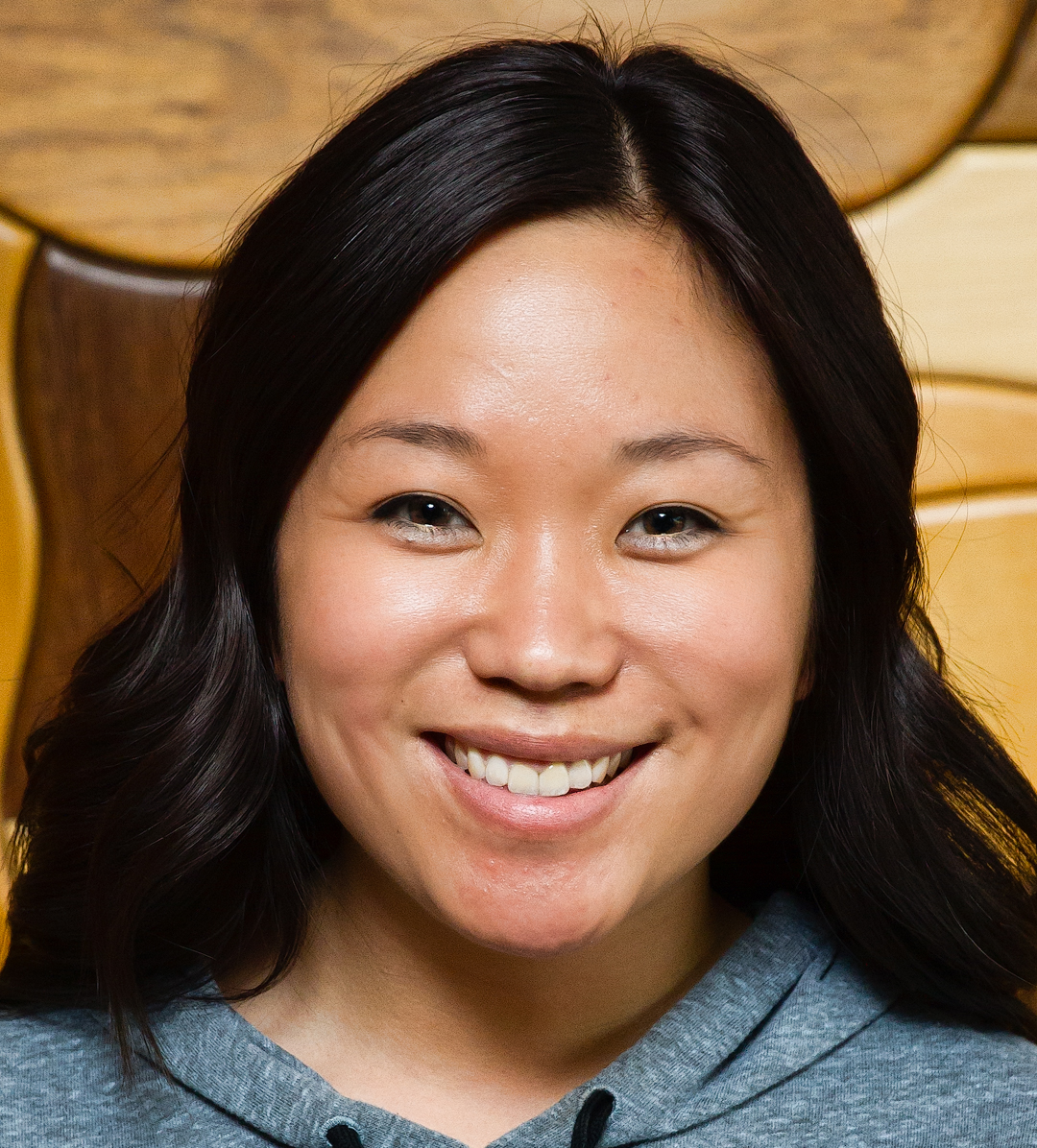
Andrea Crumrine
South Texas Pro Bono Asylum Representation Project (ProBAR)
Harlingen, Texas
Andrea Crumrine is a rising 3L at the University of Minnesota Law School with a strong interest in immigration law. During her 2L year, Andrea was a Student Attorney in the Federal Immigration Litigation Clinic, where she represented Central American asylum applicants with LGBT and gang violence-based claims. She also interned with Mid-Minnesota Legal Assistance in their Immigration Law Project, where she prepared and reviewed various bases for claims, including: asylum; Violence Against Women Act; Deferred Action for Childhood Arrivals; and Nicaraguan Adjustment and Central American Relief Act.
This summer, Andrea will serve her Human Rights Fellowship at the American Bar Association's Pro Bono Asylum Representation Project (ProBAR), which provides legal services to detainees at the Port Isabel Detention Center. As an intern, she will have the opportunity to perform direct client intake; assess legal claims; prepare applications and motions; provide detainees with pro se assistance; research issues of law and procedure; and potentially provide supervised representation in immigration court.
Griffin Ferry
International Criminal Tribunal for Rwanda (ICTR)
Arusha, Tanzania
Griffin Ferry has just completed his 2L year. Originally from Evanston, Illinois, Griffin came to the University of Minnesota Law School to pursue a career in international law. Previously, he obtained his B.A. from Southwestern University in Georgetown, Texas.
For his Fellowship this summer, Griffin will serve as a law clerk for the Office of the President of the International Criminal Tribunal for Rwanda in Arusha, Tanzania. He is enthusiastic about the opportunity to get hands-on experience at the intersection of human rights law, international humanitarian law, and international criminal law.
Luke Gagnon
Gender Justice
Saint Paul, Minnesota
Luke Gagnon is a rising 3L at the University of Minnesota Law School. He graduated from the University of Iowa in 2013 with a B.S. in Psychology. Luke has engaged in advocacy and legal service work for underrepresented groups throughout his Law School career. He interned with the Anoka County Public Defender’s Office, doing research on racial bias in the justice system, and with the Minnesotans United for All Families Campaign, working on the successful effort to defeat a proposed state constitutional amendment that would have banned gay marriage. Luke has also offered volunteer legal assistance to a client of Catholic Charities’ Immigration Services, as well as worked as a Law Clerk in the Minneapolis Department of Civil Rights.
Luke’s Human Rights Fellowship will support him to work with Gender Justice in Saint Paul, Minnesota. His principal project will focus on whether the Affordable Care Act enables legal claims to be made on behalf of transgender persons denied the opportunity to donate blood plasma. He will also assist staff attorneys in ongoing litigation by conducting research and drafting briefs.
Eamonn Gallagher
Gender Justice
Saint Paul, Minnesota
Eamonn Gallagher recently completed his first year at the University of Minnesota Law School. He received his undergraduate degree from Hampshire College in Amherst, Massachusetts, specializing in Political Science and Russian Language and Literature. After graduating, Eamonn traveled to Cluj-Napoca, Romania, as a Fulbright research fellow. There, he studied the effects of EU accession on cultural citizenship in the area, as well as the lingering effects of the region’s many forcible partitions.
Eamonn will carry out his Human Rights Fellowship at Gender Justice, where he will work on two key lawsuits on gender equality issues, as well as conduct research aimed at expanding access and opportunities for gender equality.
Peter Grenzow
Catholic Legal Services of Miami
Miami, Florida
Peter Grenzow is a 2L at the University of Minnesota Law School with a passion for human rights and humanitarianism. He graduated from the University of Minnesota’s College of Liberal Arts with a B.A. in Political Science and Spanish Studies in 2013. In college, he worked for the Human Rights Campaign in promotion of LGBT workplace equality in Minnesota and nationwide. After graduation Peter, spent a year interning at Mano a Mano International Partners, a St. Paul-based non-profit that carries out education, health, agriculture and infrastructure projects in Bolivia. Following his graduation from the University of Minnesota Law School, Peter wishes to pursue a career in the field of international human rights and humanitarian law.
This summer, Peter’s Human Rights Fellowship will support his work with Catholic Legal Services, Archdioceses of Miami, Inc., which argues before the Executive Office for Immigration Review (EOIR) tribunals in Miami-Dade county and greater Florida in promotion of immigrant rights. Peter will conduct legal research; draft briefs and memoranda; help complete and file naturalization and visa applications; translate and interpret between Spanish and English for staff attorneys; attend U.S. Citizenship and Immigration Services and EOIR hearings; and pursue other projects as assigned.
Emily Harrison
Equal Employment Opportunity Commission (EEOC)
Washington, DC
Emily Harrison is a rising third-year student at the University of Minnesota Law School. She was a Phi Beta Kappa graduate of the University of Wisconsin-Madison in 2013 with a B.A. in Political Science (Honors) and History. Last summer, Emily pursued a summer internship with the American Civil Liberties Union of the Nation’s Capital (ACLU), where she conducted legal and factual research, contacted clients, drafted memoranda and pleadings, and testified before the Council of the District of Columbia on a variety of civil liberties issues.
This summer, Emily will serve as a law clerk at the U.S. Equal Employment Opportunity Commission (EEOC) in Washington, D.C. She will conduct legal research and draft materials covering the statutes enforced by the Commission, such as Title VII of the Civil Rights Act of 1964. In addition, she will review and make recommendations to EEOC Commissioner Chai Feldblum on litigation recommendations and amicus filings proposed by the EEOC’s Office of General Counsel. Emily will also review and analyze federal sector appellate decisions submitted by the EEOC’s Office of Federal Operations, as well as review potential Commission charges initiated by EEOC district offices.
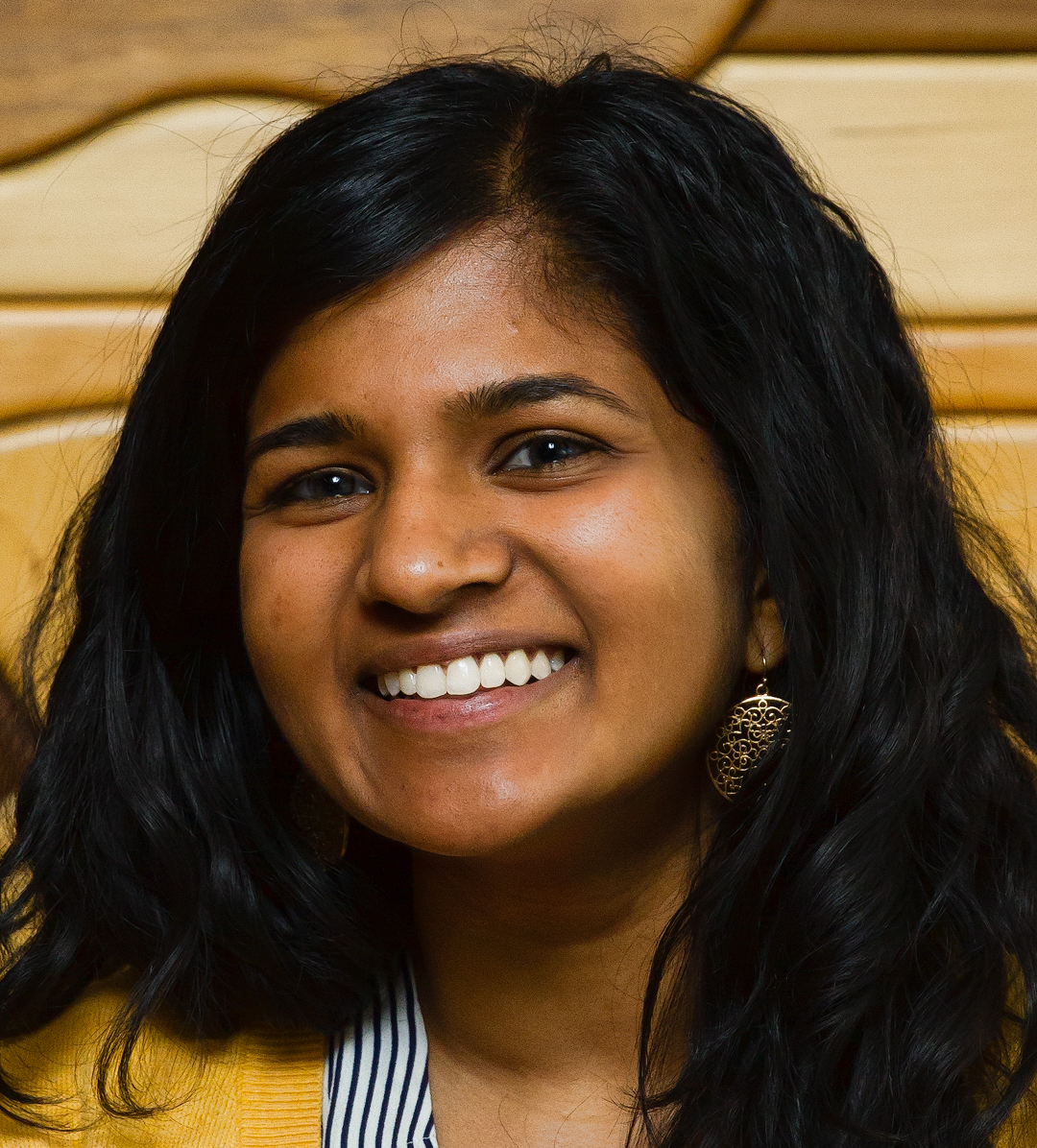
Ceena Idicula
International Justice Program, Advocates for Human Rights
Minneapolis, Minnesota
Ceena is a rising 3L with a strong commitment to international human rights law. She previously interned with International Justice Mission’s office in Lusaka, Zambia, working on the issue of land-grabbing and its effect on widows and orphans. Last fall, she also worked as a research assistant with the United Nations Human Rights Committee in Geneva, Switzerland. Ceena has a B.A., summa cum laude, in English Literature from St. John’s University.
Ceena’s Human Rights Fellowship will support her work with The Advocates for Human Rights’ International Justice Program, working on UN shadow reports pertaining to different human rights issues, including the death penalty.
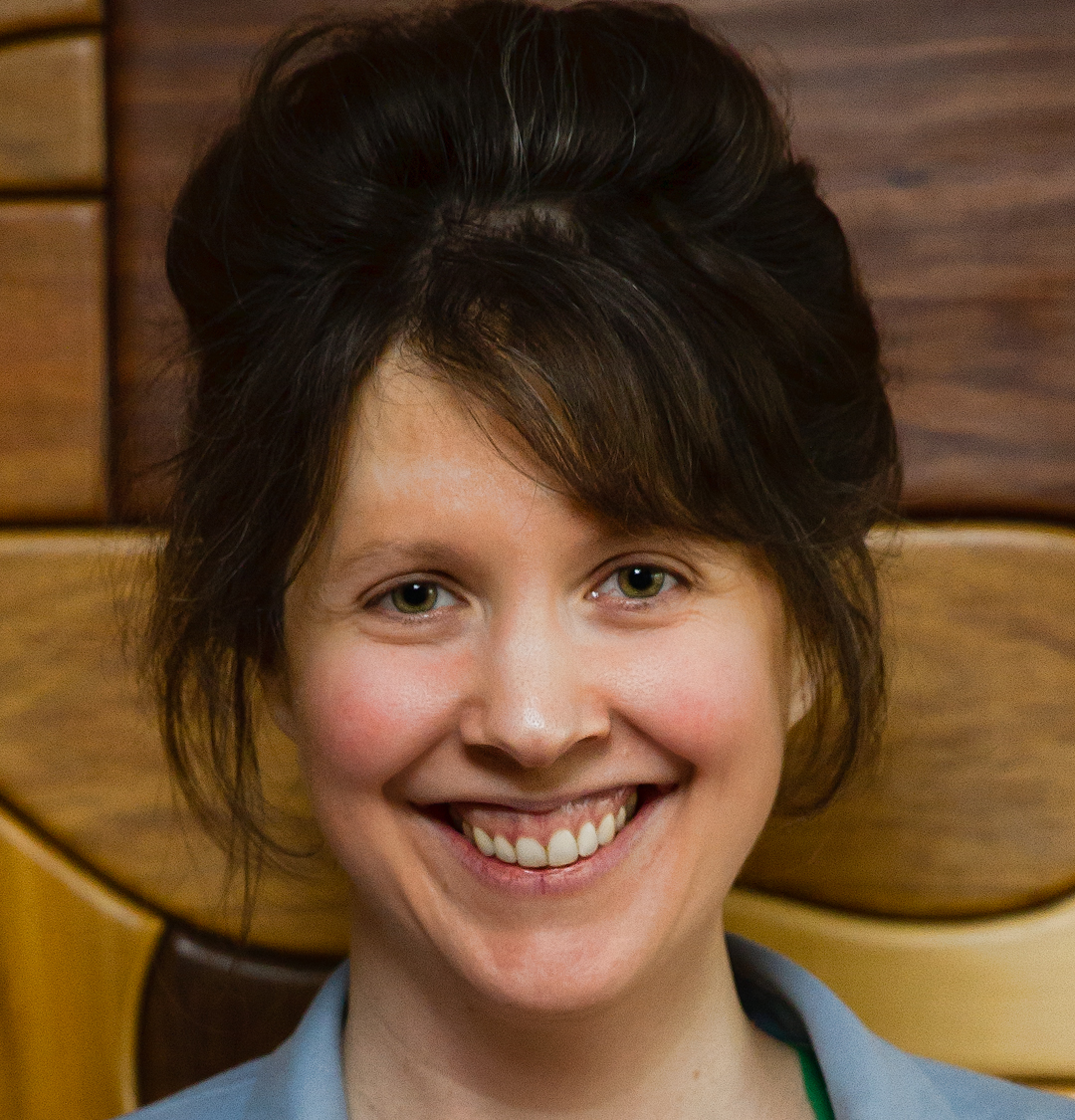
Shannon Jankowski
Executive Office for Immigration Review, U.S. Justice Department
Bloomington, Minnesota
Shannon recently completed her first year of law school at the University of Minnesota. She is the incoming co-president of the Law School’s Amnesty International Legal Support Network and served as its 1L Representative in the 2014-15 academic year. As part of the Asylum Law Project, she volunteered with Catholic Charities Legal Services in Miami, FL, assisting attorneys in drafting motions and memoranda for immigration proceedings, preparing applications for Deferred Action for Childhood Arrivals, and researching asylum eligibility. Prior to law school, Shannon worked as a contract writer and paralegal at General Mills Inc., Carlson, Inc., and Aon Benfield. She holds a B.A. in Theater, summa cum laude, from St. Catherine University.
Shannon’s Human Rights Fellowship will support her summer work with the United States Department of Justice’s Executive Office for Immigration Review. Working with the judges and attorney advisors at the Fort Snelling Immigration Court, she will assist in the review of applications for asylum, relief under the Convention Against Torture, and cancellation of removal. She will also draft judicial decisions and memoranda, as well as perform legal research on country conditions and existing and emerging immigration law.
Megan Manion
Transitional Justice Institute (TJI), University of Ulster/International Criminal Court (ICC) Trust Fund
Belfast, Northern Ireland
Megan has just completed her first year at the University of Minnesota Law School. Previously, she earned her Bachelor of Arts in Political Science from the University of Wisconsin-Madison. After graduation, she was a Fulbright-Hays scholar in Ile-Ife, Nigeria, focusing on advanced Yoruba language learning. During law school, Megan has clerked for the Minnesota Department of Human Rights, in addition to serving as a research assistant to the former director of the Restitution of Jewish Rights and Property Department in Israel. She has spent the last year as a Benjamin B. Ferencz Fellow in Human Rights and Law with World Without Genocide, focusing her research on international criminal law and the International Criminal Court (ICC).
Megan’s Human Rights Fellowship will support her work at the Transitional Justice Institute (TJI) in Belfast, Northern Ireland. There, she will work as a research assistant in support of TJI’s development of guidelines for the International Criminal Court Trust Fund for Victims’ Reparations Implementation Plan for the Thomas Lubanga Dyilo case. As part of this work, she will prepare materials for the experts' consultation meeting jointly hosted by the ICC Trust Fund and TJI.
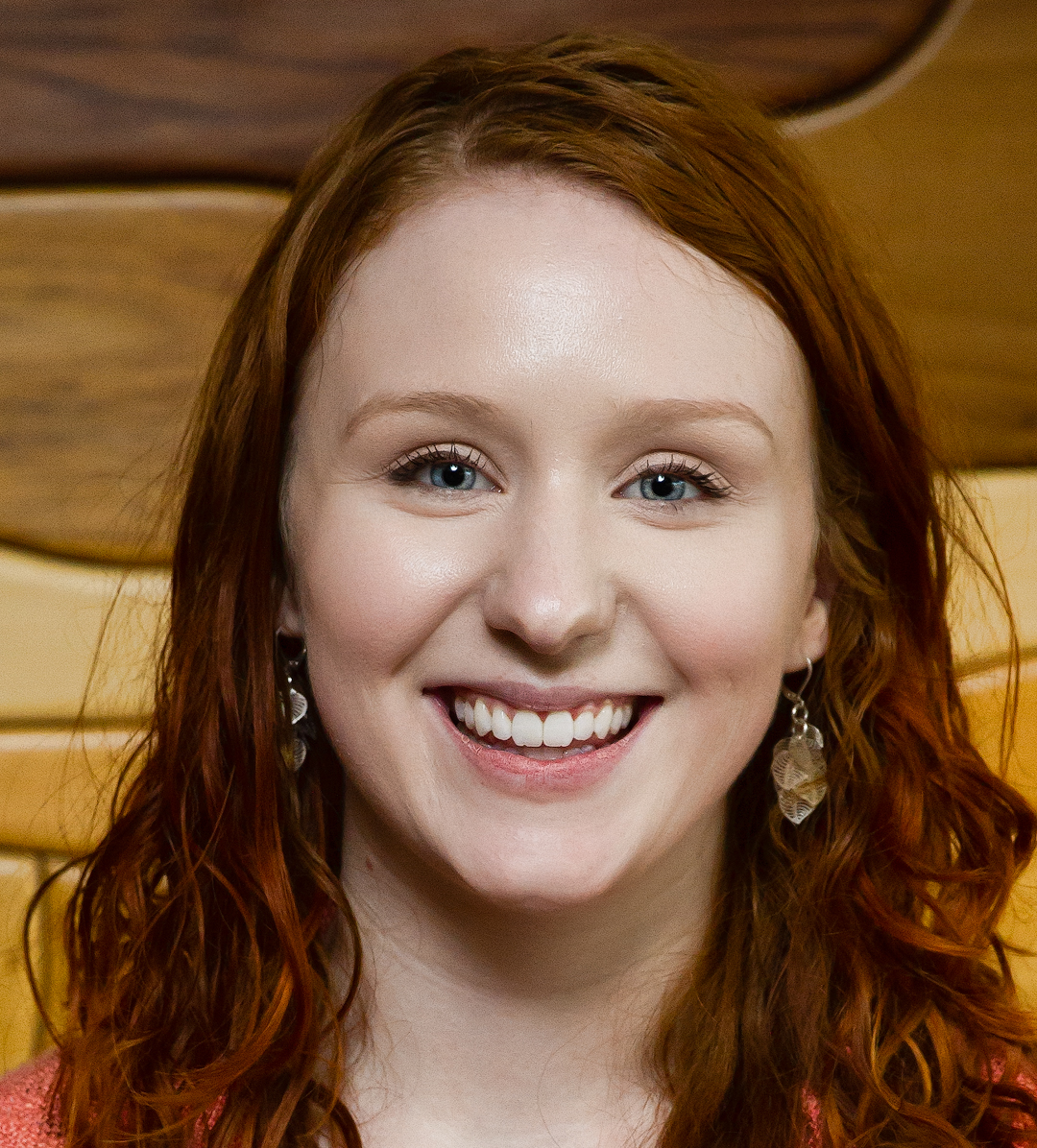
Amanda McCallister
Transitional Justice Institute (TJI), University of Ulster
Belfast, Northern Ireland
Amanda recently completed her first year of Law School at the University of Minnesota. She is a graduate of the University of Wisconsin-La Crosse with a Bachelor of Arts degree in English (Writing & Rhetoric) and Spanish. As an undergraduate, she spent time in Nicaragua and Honduras volunteering at rural health clinics. After graduation, she worked as an English teacher in Tokyo and in Nagasaki, Japan. Recently, she traveled to Washington, D.C., as part of the Asylum Law Project to assist in the preparation of asylum declarations.
Amanda is using her Human Rights Fellowship to work with the Transitional Justice Institute (TJI) in Belfast, Northern Ireland. There, she will work with on projects and research related to conflict and gender. In addition, she will help prepare for and participate in the Institute’s Summer School program on Gendering the Practices of Post-conflict Resolution.
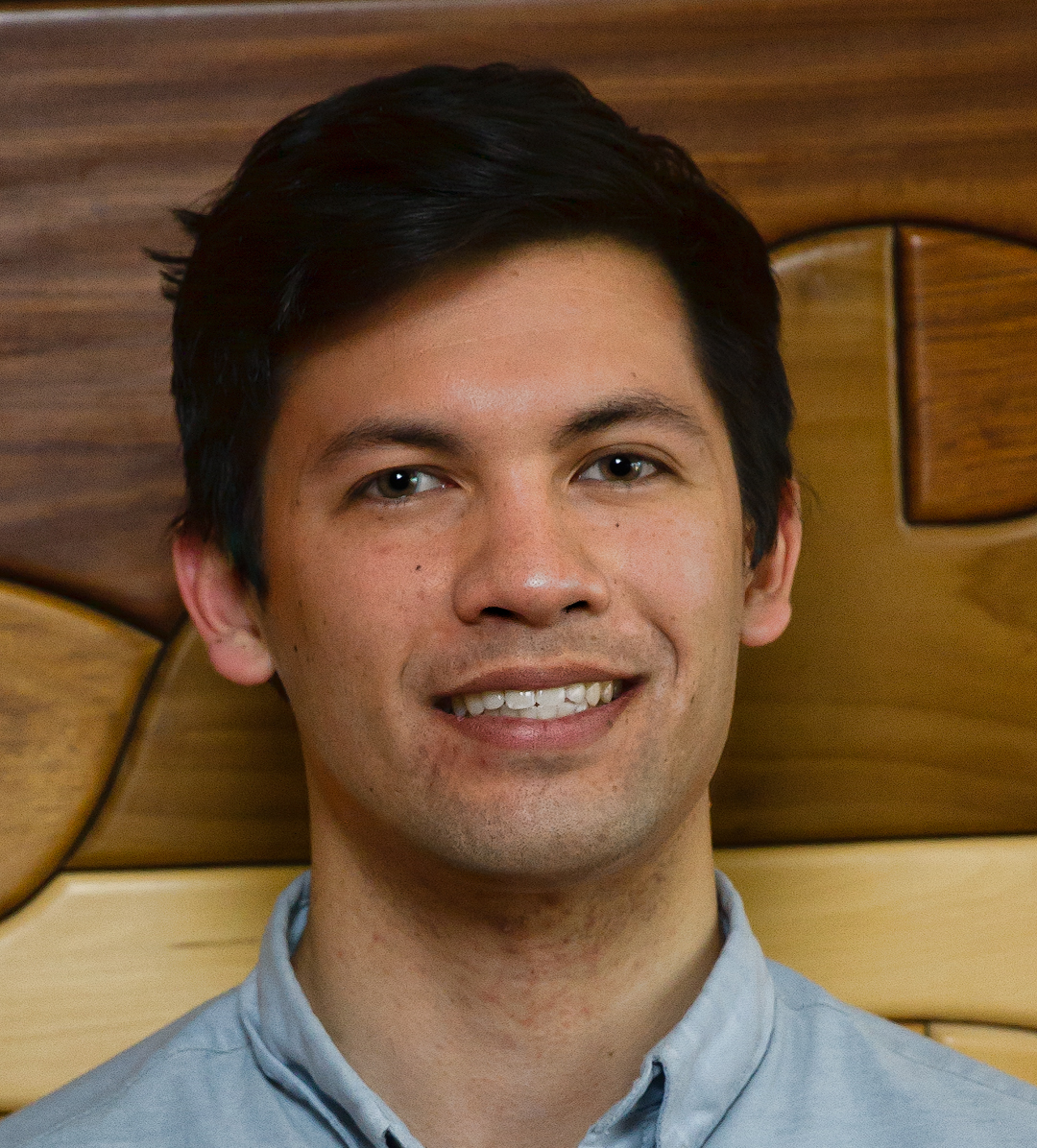
James Meinert
United States Environmental Protection Agency – Region 7 Office
Lenexa, Kansas
James Meinert is a joint degree student at the University of Minnesota Law School and the School of Public Health; he just finished his 2L year and is working toward a Master of Public Health in Environmental Health Sciences, with a focus on toxicology and risk assessment. James is a 2010 graduate of Grinnell College in Iowa. Before moving to Minneapolis, James worked as a researcher and advocate in the Public Health and Environment Program of the Natural Resources Defense Council in Washington, D.C.
James will put his legal education and experience in environmental health issues to work during his Fellowship with the United States Environmental Protection Agency Region 7 office in Lenexa, Kansas. James will support the attorneys in the Office of Regional Counsel in their enforcement of federal environmental law in the region.
Kelly Molloy
Human Rights Law Clinic, University of Minnesota
Washington, DC, and Minneapolis, Minnesota
Kelly Molloy completed his Newman Human Rights Fellowship in March 2015. He traveled to Washington, DC, to participate in a hearing at the Inter-American Commission for Human Rights. As a student in the Law School’s Human Rights Clinic, Kelly (and his fellow students) worked with a group of law professors from Antioquia, Colombia. The Colombian professors addressed a hearing before the Inter-American Commission, testifying on the plight of displaced persons in Colombia, with a focus primarily on restitution and resettlement problems in Antioquia. To assist the professors with their testimony, Kelly worked with them to produce a document explaining the international legal norms that applied human rights abuses in Colombia.
Kelley reflected that attending the Inter-American Commission hearing was an extremely useful experience for his legal education. He had been working on the project for a few months, but it was helpful and gratifying to travel to Washington, DC, to hear the testimony resulting from the team’s hard work. Kelly was also happy to report that the testimony was well received by the Commission; Commission members were receptive and sympathetic with the problems of displaced people of Antioquia and expressed disquiet over the Colombian government’s reaction. Kelly feels that his belief in the power of international organizations as tools to stop human rights abuses was vindicated by his experience.

Charles Moore
St. Paul Department of Human Rights and Equal Economic Opportunity
Saint Paul, Minnesota
Charles Moore is a rising 2L at the University of Minnesota Law School. Prior to attending law school, Charles graduated from Boston College in Chestnut Hill, MA, majoring in Political Science with a minor in History. During his time in college, Charles volunteered with several organizations on campus, teaching health education to high school freshmen and helping immigrant students to learn English. After college, Charles spent a year in an AmeriCorps position, working with a legal aid office in Worcester, MA, to assist indigent clients to file appeals when their government benefits had been denied or suspended.
For his Human Rights Fellowship, Charles will work with the St. Paul Department of Human Rights and Equal Economic Opportunity (HREEO). There, he will assist the department with housing and employment discrimination claims. Charles is originally from the Twin Cities and is excited to have an opportunity to learn more about the specific human rights issues facing his home community.
Ethan Scrivner
Human Rights Law Clinic, University of Minnesota
Geneva, Switzerland, and Minneapolis, Minnesota
Ethan Scrivner just graduated from the University of Minnesota Law School. In March 2015, he traveled to Geneva, Switzerland, with fellow student Max Zimmerman, and Jennifer Green, the Law School’s Human Rights Clinic Director, to advocate on the issue of human rights violations committed with small arms. Ethan, Max, and Jennifer addressed the United Nations Human Rights Committee on the extraterritorial effects of gun exports from Croatia. Croatia is party to a number of international agreements that require it ensure that weapons it manufactures will not be exported to places where they are likely to be used in human rights violations or exacerbate humanitarian crises. Research indicates that small arms and light weapons from Croatia have been used in the Syrian conflict and in a number of shootings in the U.S. The Law Clinic team’s goal was to highlight the violence caused by these weapons and get the U.N. Human Rights Committee to recommend in its Concluding Observations that Croatia increase transparency in regard to its arms exports so they can be better monitored by civil society organizations.
Ethan reported that his experience at the Human Rights Committee was extremely helpful for several reasons. It was the first time he was able to see firsthand the United Nations’ human rights advocacy process. Ethan was interested to see how the research on which he worked could be used in actual practice. He reflected that it was also highly instructive to understand the politics of the Committee – that is, which Committee members are most likely to be interested in a given issue and then willing to ask a pertinent question to the state party. He came to realize the importance of background research on not just the issues at play, but also on the members of the Committee themselves. This background information helped the Clinic team to frame the issue in ways that would be most compelling to Committee members. Ethan wants to pursue a career in the human rights field, with the eventual hope of establishing his own NGO. He believed that his experience at the Human Rights Committee gave him valuable insight into U.N. human rights advocacy that will serve him well in the future.
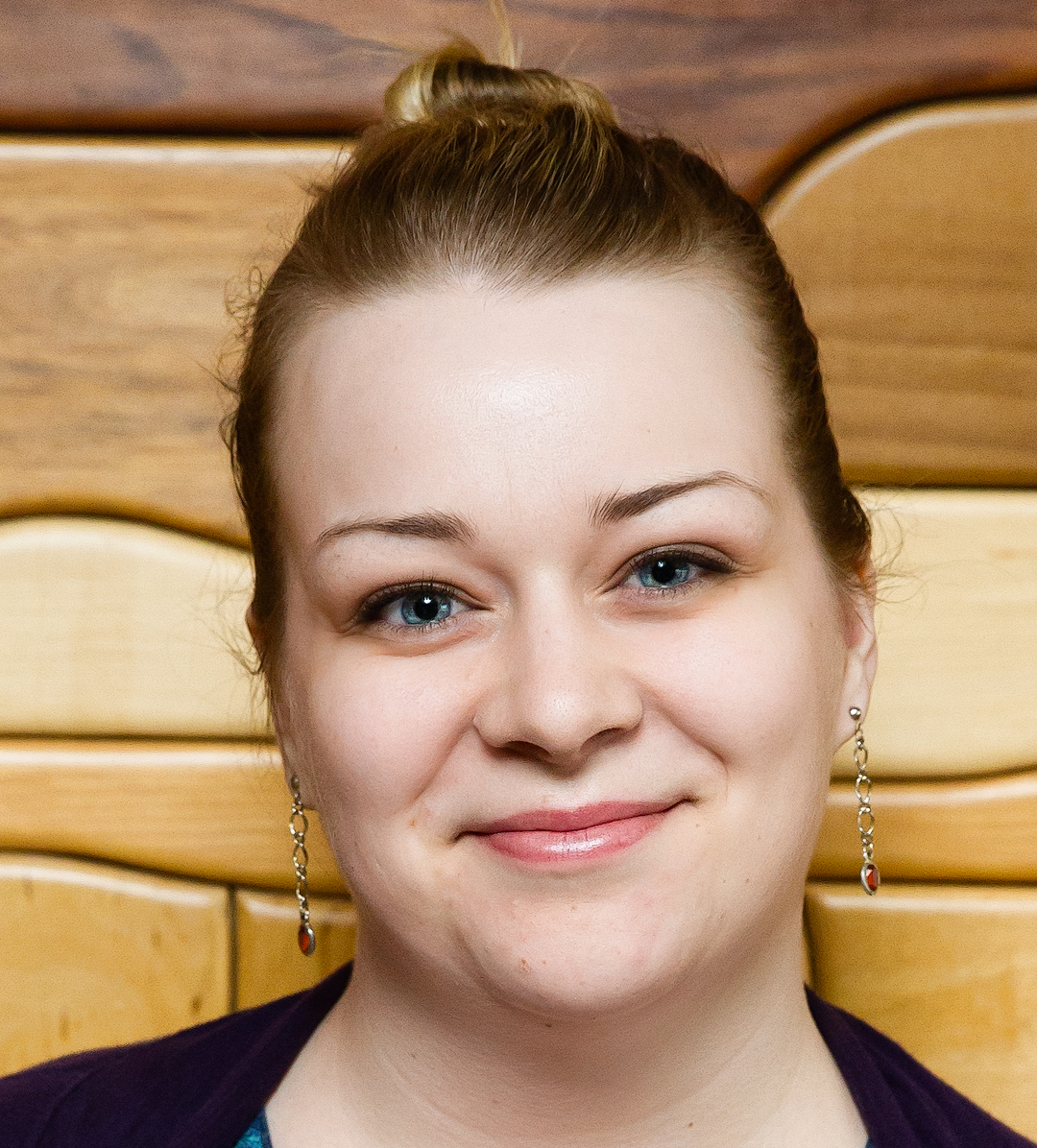
Leah Tabbert
Equal Employment Opportunity Commission (EEOC) – Office of the General Counsel
Washington, DC
Leah Tabbert just completed her second year at the University of Minnesota Law School with interests in employment discrimination (especially gender-based) and LGBTQ rights. Last summer, she interned with Gender Justice, a nonprofit law firm based in the Twin Cities that specializes in fighting discrimination based on sex, gender, and sexual orientation. Additionally, she served as a research assistant to Professor Jessica Clarke, focusing on employment discrimination. Leah graduated from St. Norbert College in De Pere, WI, with a B.A. in Philosophy and Political Science.
This summer, Leah will serve her Human Rights Fellowship with the Equal Employment Opportunity Commission’s Office of the General Counsel in Washington, DC. There, she will review district court records; conduct legal research and draft memoranda; work on appellate briefs; and assist EEOC attorneys to prepare for oral arguments.
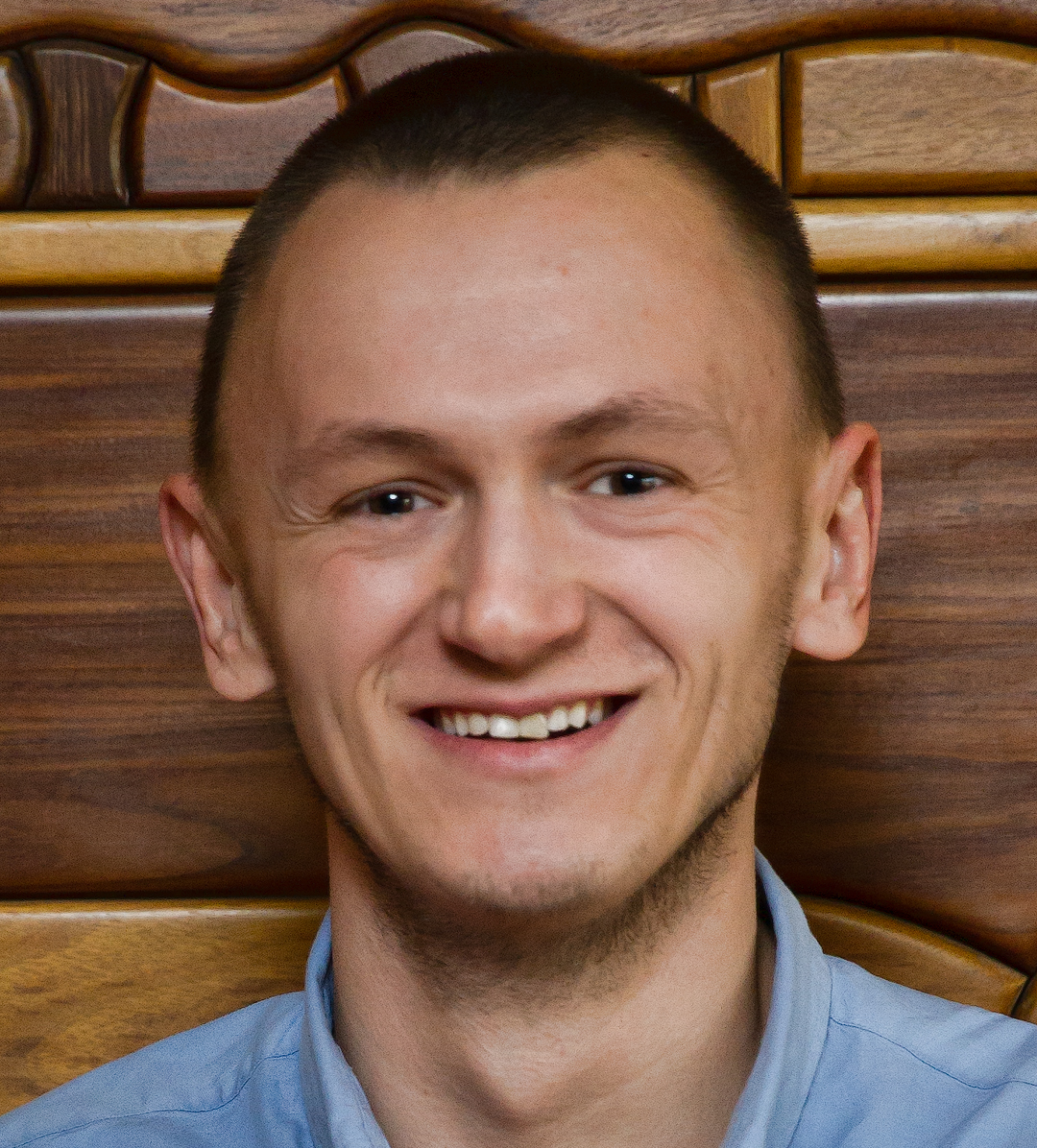
Damir S. Utržan
Center for Victims of Torture (CVT) – Psychological Services Unit
Saint Paul, Minnesota
Damir Utržan is a refugee from the Bosnian War of the 1990s, which engendered to some of the worst human rights atrocities since the Second World War. He lived in Germany for ten years before immigrating to the United States. Damir completed his clinical master’s degree in marriage and family therapy at Northwestern University. As a clinical practicum intern at the Mental Health Human Rights Clinic, he provided psychological assessments of detained asylum-seekers. Damir is currently a second-year doctoral student in family social science, with a specialization in couple and family therapy, as well as a human rights minor, at the College of Education and Human Development at the University of Minnesota. His research interests include the impact of trauma on the family and parent-child relationship, pediatric psychosocial development in particular.
This summer, Damir will complete his Human Rights Fellowship at the Center for Victims of Torture’s Psychological Services Unit in Saint Paul, Minnesota, where he will provide counseling and other psychological services to survivors of torture and other ill treatment.
Shiveta Vaid
National Partnership for Women and Families
Washington, D.C.
Shiveta Vaid is a rising 3L at the University of Minnesota Law School. She received a B.A. from Macalester College in economics, political science, and human rights and humanitarianism. In the past, she served as a project supervisor for a government accountability project in India, created a medical-legal partnership between a private physician’s practice and a domestic violence shelter, and worked on women’s economic and political rights in several NGOs. This past year she participated in the Law School’s Human Rights Litigation & International Advocacy Clinic, as well as volunteered at the American Civil Liberties Union of Minnesota.
Shiveta’s Human Rights Fellowship will take her to Washington, D.C., to work with the National Partnership for Women & Families. The National Partnership is a nonprofit organization that promotes fairness in the workplace; access to quality and affordable health care; policies fostering work/life balance for men and women; and reproductive health and rights. As part of the National Partnership’s Reproductive Health Policy team, Shiveta will assist in legislative policy research and analysis; create educational materials; contribute to the Daily Women’s Health Policy Report; and work on reproductive rights with various organizations in Washington.
Max Zimmermann
Human Rights Law Clinic, University of Minnesota
Geneva, Switzerland, and Minneapolis, Minnesota
In March 2015, Max, along with Ethan Scrivner and Professor Jennifer Green, traveled to Geneva for the 113th session of the U.N. Human Rights Committee. Max worked with Ethan and Professor Green to prepare and present shadow reports to the Human Rights Committee on the effect of the Croatian firearms industry on human rights. Croatia is moderate exporter of arms and the country’s weapons have found their way to the U.S., where they have been used in both violent crime and police abuse. Croatian weapons have also been used in the civil war in Syria and, more recently, by ISIS in the commission of human rights violations. The Human Rights Law Clinic’s advocacy before the U.N. is part of an ongoing partnership with Amnesty International USA to highlight the impact of small arms on human rights, both through state action and unchecked crime.
The review procedure of the U.N. Human Rights Committee enables NGOs to advocate on human rights issues affecting countries around the world. Since the Human Rights Law Clinic submitted a shadow report detailing human rights issues in Croatia, it was invited (along with other NGOs) to speak to the Committee and the country delegation. As part of this process, Max gave a five-minute speech on small arms and human rights. Max reflected that, as a law student, it was an immense privilege to address the Committee on such an important issue. Between committee hearings, Max, Ethan, and Professor Green lobbied individual committee members informally, asking them to take up the issues they raised. Max believes that these experiences of both formal and informal interaction with Committee members was a great learning experience that will enable me him to become a better human rights advocate.

